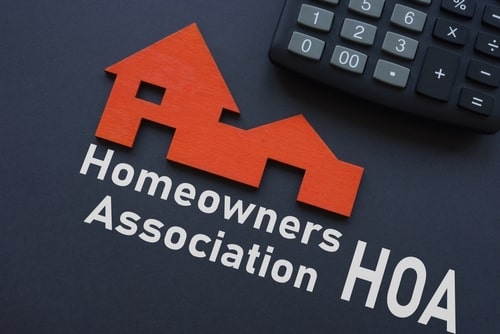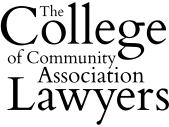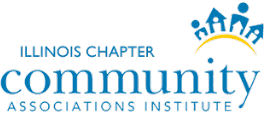 Polish,
Polish,  Ukrainian,
Ukrainian,  Russian,
Russian,  Hindi,
Hindi,  Spanish,
Spanish,  French and
French and  Greek.
Greek.
In this Climate of Non-Compliance, What is an Association to Do?
 In today’s environment, homeowner associations (HOAs) face increasing challenges related to non-compliance with community rules and regulations. This disruptive climate of non-compliance raises serious questions and concerns for the management and harmony of communities across Illinois. It is critical for HOAs to develop strategies to address these issues in order to maintain a cohesive living environment for all. Contact an attorney to learn more about how HOAs in Illinois can navigate these obstacles of non-compliance using both legal and practical measures.
In today’s environment, homeowner associations (HOAs) face increasing challenges related to non-compliance with community rules and regulations. This disruptive climate of non-compliance raises serious questions and concerns for the management and harmony of communities across Illinois. It is critical for HOAs to develop strategies to address these issues in order to maintain a cohesive living environment for all. Contact an attorney to learn more about how HOAs in Illinois can navigate these obstacles of non-compliance using both legal and practical measures.
Understanding the Legal Landscape for HOAs
HOAs in Illinois operate under the Illinois Common Interest Community Association Act (CICAA), which provides a framework for managing and enforcing community rules, including:
-
Governing documents – HOAs should ensure that their declarations, bylaws, and rules are clear, precise, and up to date. In many ways, governing documents that meet these specifications are the foundation of effective rule enforcement.
-
Enforcement powers – CICAA empowers HOAs to enforce compliance through measures such as fines, restrictions on amenities, and, if necessary, legal action. Knowing how to wield these tools is essential for handling non-compliance.
The Importance of Proactive Communication and Education
Effective communication is key to fostering compliance within a community. It is crucial for HOAs to engage homeowners proactively to make sure they understand and buy into the community’s rules. Ensuring the homeowners understand and buy into the rules may be achieved through:
-
Regular communication – Use newsletters, emails, and community meetings to keep residents informed about rules and regulations, as well as the reasons behind them. Continuous engagement can lessen misunderstandings and foster a spirit of cooperation.
-
Education initiatives – Organize workshops or informational sessions to educate homeowners on the importance of compliance, focusing on how it benefits the entire community. Knowledgeable residents are often more compliant residents.
The Importance of Consistent and Fair Enforcement
Inconsistent enforcement can lead to distrust and increased non-compliance, which is why fair, impartial enforcement of rules is so important. Other important things include:
-
Clear procedures – Establish and communicate clear procedures for dealing with non-compliance, including steps for issuing things like warnings, fines, and other penalties. Documentation of these procedures helps in maintaining consistency.
-
Impartiality – Ensure that enforcement actions are applied uniformly to all residents to prevent perceptions of bias or favoritism. Fair enforcement of rules promotes respect for community rules.
Contact Our Arlington Heights, IL Homeowner Association Attorney
Successfully navigating a climate of non-compliance requires a balanced approach that utilizes legal authority, proactive communication, and fair enforcement. By integrating these strategies, Illinois HOAs can create a compliant and cooperative neighborhood in which all residents can enjoy a harmonious living environment. For legal assistance in this matter, contact the Cook County, IL homeowner association lawyers with Dickler, Kahn, Slowikowski & Zavell, Ltd., who possess an impressive 150 years of combined legal experience. Call 847-593-5595 for a private consultation.















